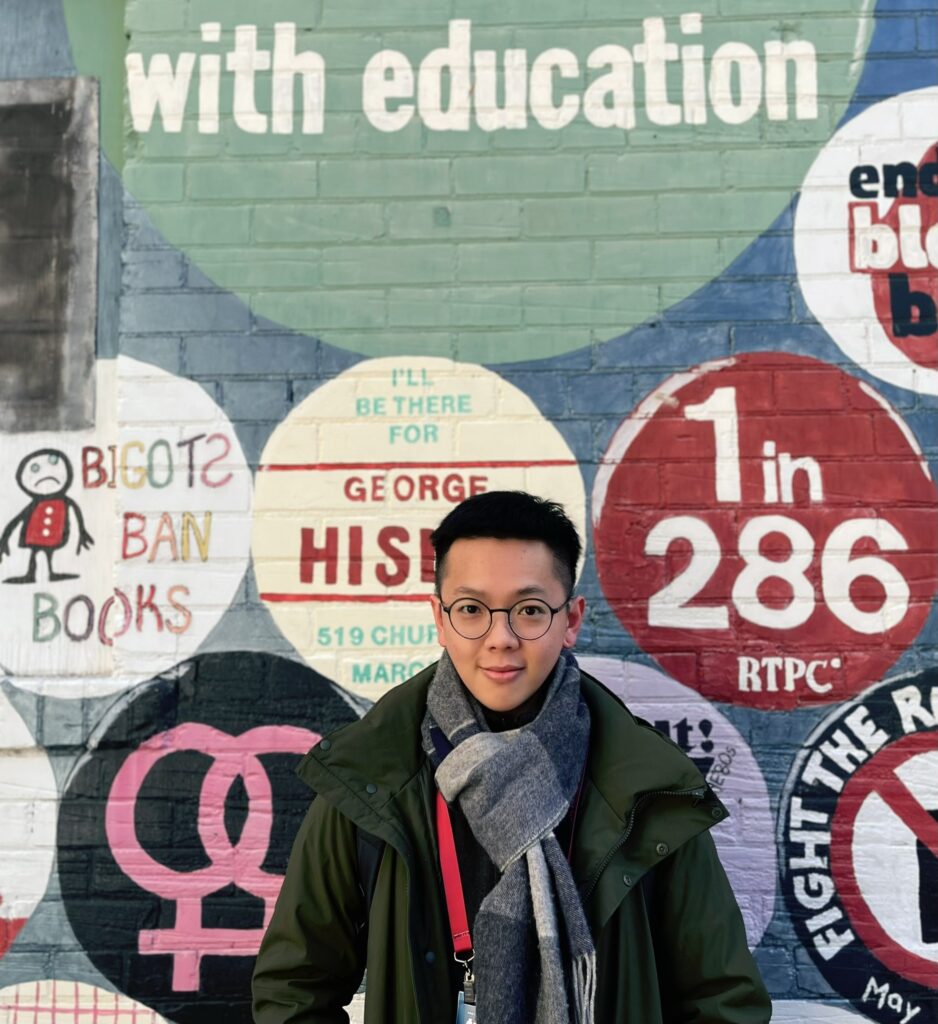Meet Our New Wadsworth Fellows: Shi Yeu Nga

I grew up in a Sinitic-language-speaking rural village in peninsular Malaysia where my childhood was intermingled with pig husbandry. In 1998 a fatal porcine neurologic erupted. To control the outbreak, I remember helping my father push our livestock into a large pit for live burial. Along with other villagers who survived, we woke from a fever dream when the viral spell broke.
After graduating with a degree in botany, I immersed myself in classical yet critical theories in anthropology when I moved to Taiwan with a fully-funded scholarship. I began to recall memories from my personal life experience of zoonotic disease. Though I often think about recording this life history, capturing these traumatizing memories eludes me. I oriented my master’s research towards political ecology and indigenous movements in Borneo and examined how contemporary hunter-gatherers reshape their strategies to incorporate extractive capitalism after decades of forced dislocation and violence in deforestation. This project received two master’s thesis awards from scholarly associations in Taiwan.
With the emergence of the COVID pandemic my PhD application in the UK was derailed and I fled to Taiwan amid uncertain times. Across a news ticker on a TV screen in the plane, I was struck by the repetitive message that good bacterial healthcare helps prevent fatal coronavirus. With this thought-provoking message in mind, I took a two-year hiatus to work as a research assistant on a project studying the history of Taiwan’s nutrition. This employment opportunity inspired me to develop my current PhD project on human-microbe entanglement based at the Department of Social Anthropology and the Center for Global Asia at Stockholm University under the supervision of Johan Lindquist and Andrew Johnson, which mimics bits of microbial inspiration at different stages of my life. I will examine the emergence of the “probiotic turn” in Taiwanese mental well-being management by exploring how the consumption of particular microbes nurtures the spirituality of inner ecologies at more-than-human and political-historical scales and shapes gastrointestinal-brain life-worlds in East Asia.